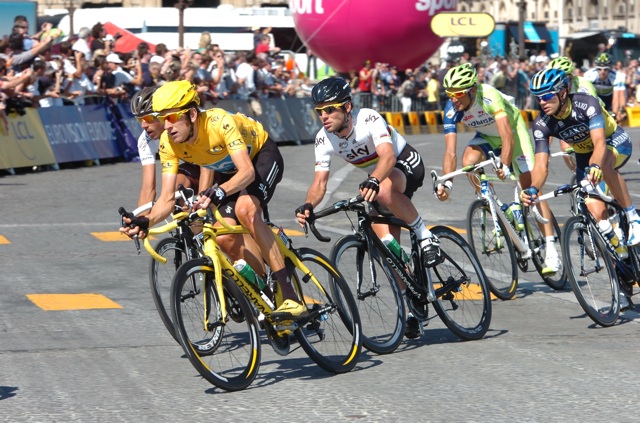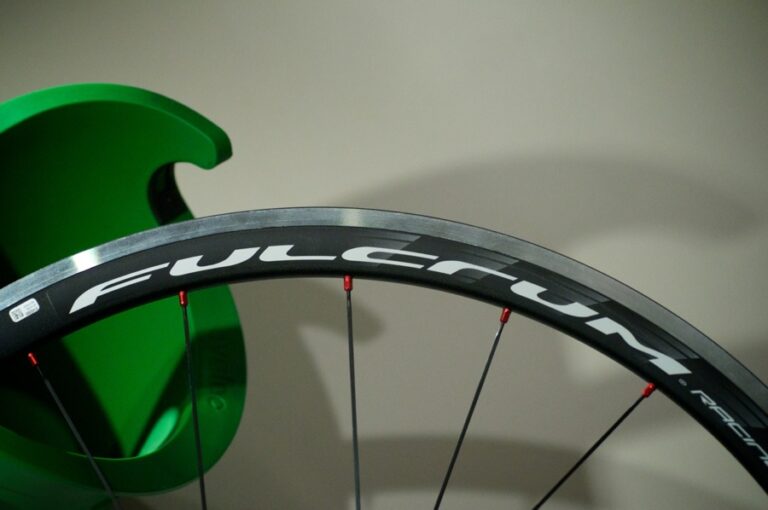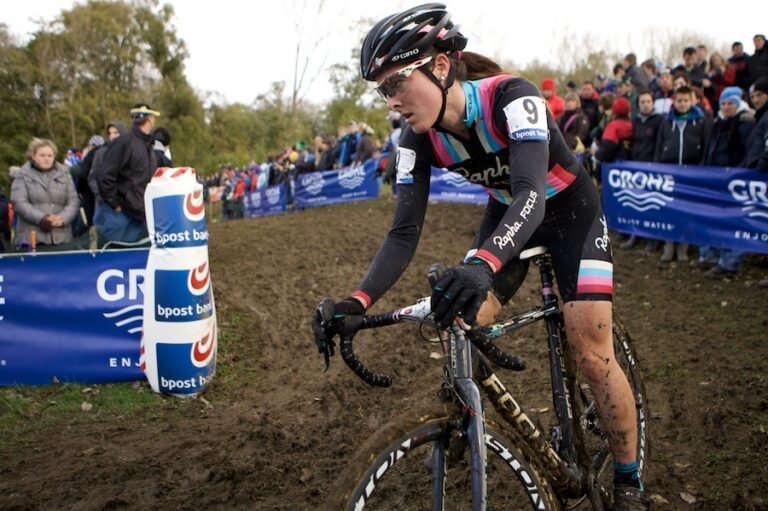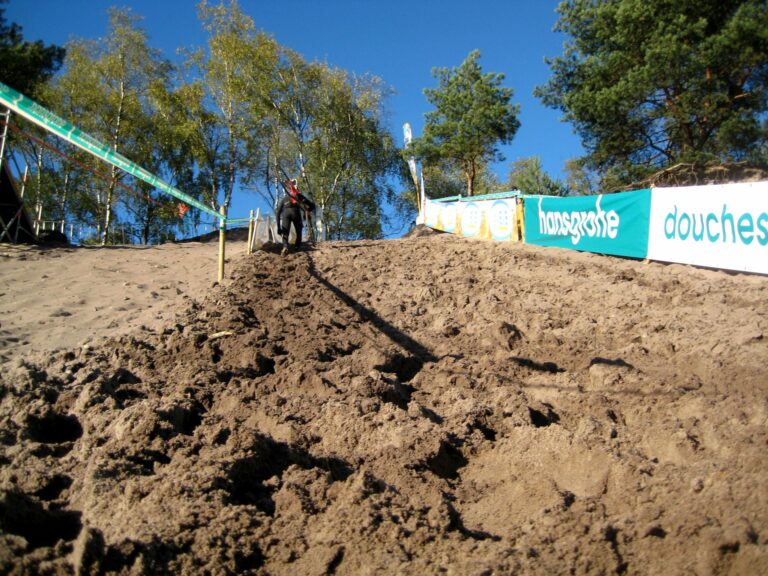Bradley Wiggins (Team Sky) has expressed his shock at the weight of evidence published against disgraced former Tour de France champion, Lance Armstrong.
Wiggins, who in July became the first Briton to win the Tour de France, had previously expressed his admiration for Armstrong.
But last month the Texan was stripped of the seven Tour de France titles he collected between 1999 and 2005 by the United States Anti-Doping Agency (USADA).

Yesterday, the agency published its ‘reasoned decision’ dossier, detailing the evidence on which they had stripped Armstrong of his victories and banned him for life.
Armstrong’s supporters had described the process as “one-sided” and a “hatchet job”, but Wiggins said it had been neither, adding that he was shocked by the weight of evidence.
“It’s pretty damning stuff. It is jaw-dropping the amount of people who have testified against him,” said Wiggins.
The Londoner, a four-time Olympic gold medalist who left the French Cofidis team in disgust in 2007 when its Tour de France squad withdrew from the race following a positive test by Cristian Moreni, today told Sky Sports that cycling must move on.
“It is not something which sits easily. Everyone knows where we stand on that, it is about looking forward,” he said.
“I don’t think that is relevant to what we are doing today. We are setting the example for our sport and we are one of the most successful sports for catching cheats.”
Earlier today, Wiggins’ directeur sportif at Team Sky, Sean Yates, who worked in the same role for Armstrong during the Texan’s final Tour de France victory in 2005, said he hadn’t witnessed any illegal behaviour during his time with Armstrong at the Discovery team.
“I’d turn up, I’d drive the car in the Tour de France, and I never ever saw an indication of anything dodgy going on. I used to jump out in the morning, go out on my bike, go back, drive the car, and call the tactics now and then, but I never saw anything that was untoward,” Yates told BBC Radio Five Live.
The pair were teammates for four years between 1992 and 1996 when they raced together at Motorola. Yates said he had attributed Armstrong’s success to physical superiority and determination.
Britain’s most successful Olympian, Sir Chris Hoy, who took his gold medal tally to five this summer with victories in the men’s team sprint and keirin, told the BBC that the Armstrong affair was ‘depressing’.
“It’s frustrating and sad but at least we’re naming and shaming people and it doesn’t matter how big the names are, we’re not afraid to do everything we can to prosecute them,” he said.
Eleven of Armstrong’s former teammates gave evidence to USADA’s enquiry, including Wiggins’ former Team Sky teammate, Michael Barry, now retired, who admitted doping during his time on Armstrong’s US Postal squad.
Levi Leipheimer (Omega Pharma-QuickStep), who with Garmin-Sharp’s Dave Zabriskie and Christian Vandevelde, is one of the few members of Armstrong’s discredited US Postal team still racing, faces an uncertain future.
He received a six-month ban from USADA after admitting to doping from 1999 to 2007. He joined the Omega Pharma-Quickstep team in January of this year, but team manager, Patrice Lefevre, said Leipheimer had not told the team of his previous drug use or his involvement in USADA’s enquiry.
A statement on the Omega Pharma-QuickStep website says: “The Team takes the decision of USADA and the consequent statement of Mr. Leipheimer very seriously. The Team wants to review and consider all the information now being made available and speak personally with the rider before a final decision is made.
“The Team would like to point out that the battle against doping has always been a guiding principle of the team’s activities and work ethic.
“The suspension imposed by the USADA refers to a period of time when the athlete was not part of Omega Pharma – Quick-Step Cycling Team.”





